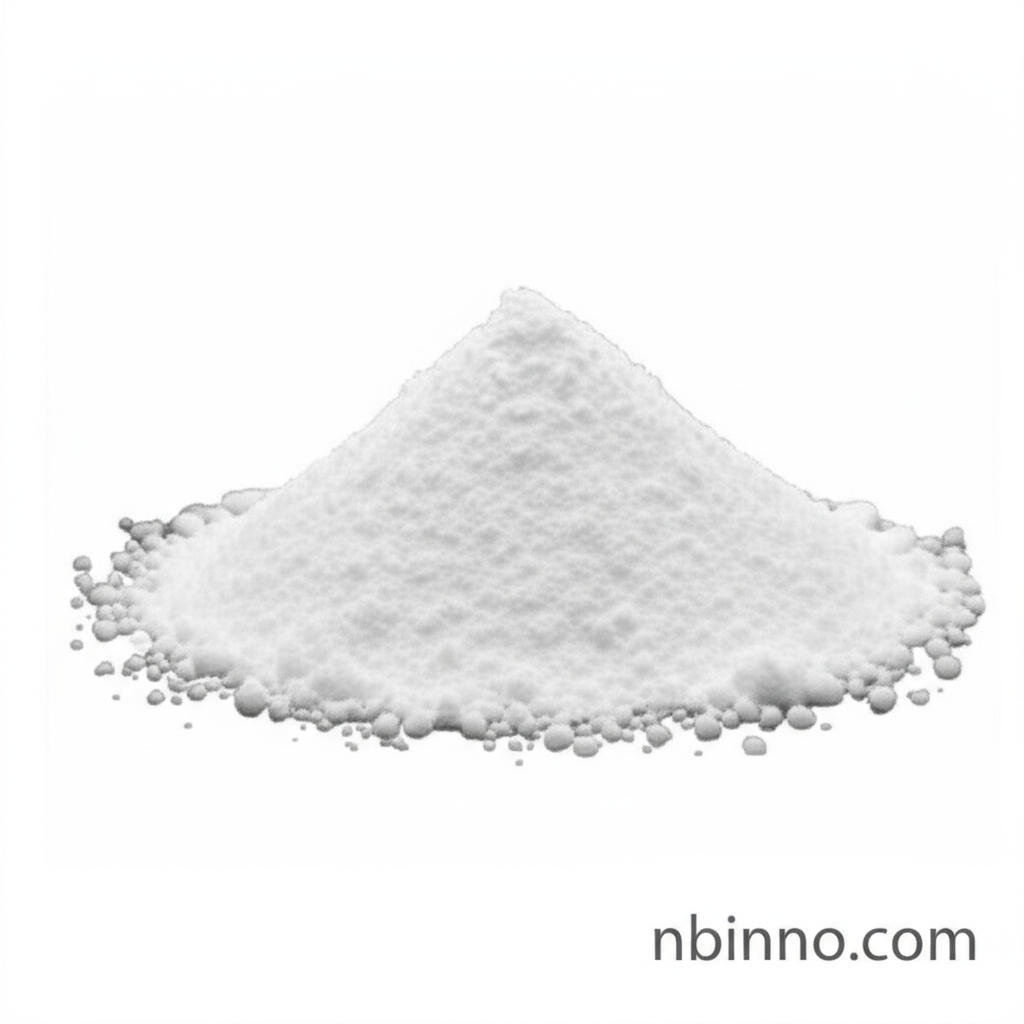Potential Therapeutic Effects of Sinomenine Hydrochloride in CNS Disorders
Exploring the anti-inflammatory and neuroprotective properties of a natural alkaloid for brain health.
Get a Quote & SampleProduct Core Value

Sinomenine Hydrochloride
Sinomenine hydrochloride is a natural compound that shows significant promise in addressing various central nervous system (CNS) disorders. Its core value lies in its potent anti-inflammatory and neuroprotective capabilities, offering a multi-faceted approach to neurodegenerative conditions.
- Leveraging sinomenine CNS disorders treatment insights, this compound offers a novel approach to managing conditions like cerebral ischemia and Parkinson's disease.
- The sinomenine oxidative stress mechanisms are key to its neuroprotective effects, safeguarding neurons from damage.
- Investigating sinomenine autophagy glioma pathways reveals its potential in combating brain tumors through induction of cell death.
- Understanding sinomenine Parkinson's disease mechanism highlights its ability to improve motor skills and preserve dopaminergic neurons.
Key Advantages
Broad Spectrum Neurological Support
Sinomenine hydrochloride offers broad therapeutic potential across a range of CNS disorders, targeting underlying mechanisms like neuroinflammation and oxidative stress to provide comprehensive support.
Natural Origin and Mechanism
Derived from a natural plant, its pharmacological actions, including the sinomenine neuroinflammation mechanism, are well-researched, offering a potentially gentler approach to treatment.
Therapeutic Versatility
Beyond CNS applications, sinomenine hydrochloride has shown efficacy in conditions such as rheumatoid arthritis, demonstrating its versatile therapeutic applications.
Key Applications
Central Nervous System Disorders
Applications include the treatment and management of conditions such as cerebral ischemia, Alzheimer's disease, and Parkinson's disease, leveraging sinomenine CNS disorders treatment.
Neuroinflammation and Oxidative Stress Mitigation
Its ability to combat neuroinflammation and oxidative stress makes it a valuable agent in preventing neuronal damage and degeneration.
Oncology Research
Exploration into its role in inducing autophagy for glioma treatment highlights its potential in cancer therapy.
Rheumatoid Arthritis Management
Traditional and modern research supports its use in managing inflammatory conditions like rheumatoid arthritis.
